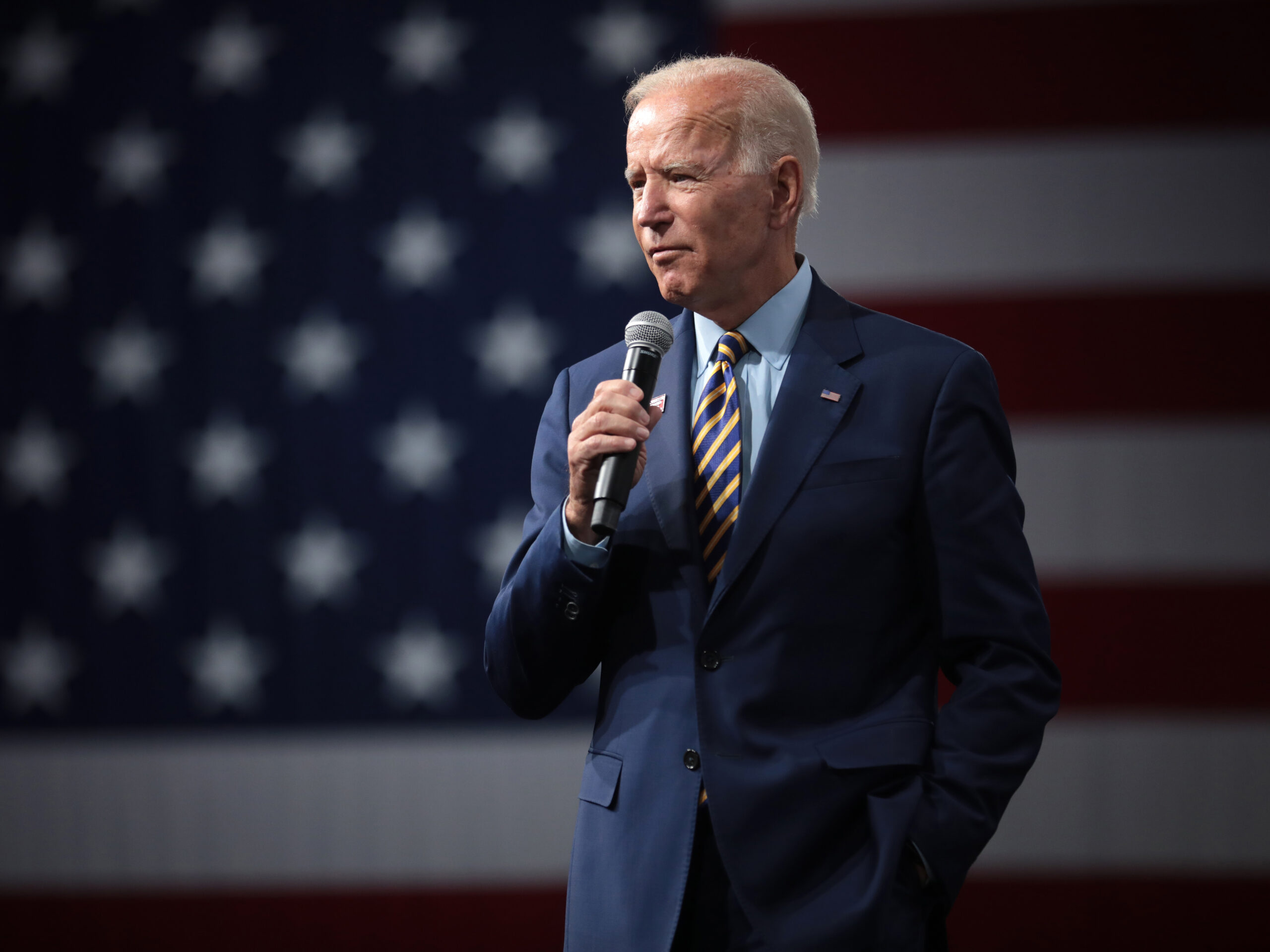
Joe Biden’s presidency offered hope for extensive change in the nation. One of the many measures that we looked forward to was the American Rescue Plan. Many proposals were added to the plan; however, a proposal to increase the minimum wage to $15 was left out. Omitting the minimum wage increase from the relief bill was a missed opportunity that could have improved many lives. And President Biden’s hands are not tied as his administration has implied.
At the stimulus bill’s core, is its purpose to provide more aid for the unemployed, the hungry and those facing eviction. The plan itself called for sending a second round of $1,400 checks to those eligible, increasing unemployment aid to $400 a week and extending benefits until September. Additionally, the bill provides $25 billion in rent relief and increases food stamp benefits to help feed the hungry. Biden also wanted the plan to provide plenty of support to small businesses and front-line workers. Furthermore, the plan aimed to improve testing, vaccine rollout and distribution. The last proposal called for legislation to begin raising the minimum wage in stages until it hits $15 in 2025 — though this was unfortunately left off at the last moment.
The wage increase had been proposed for quite some time. Organized labor groups have consistently made efforts to advocate for a $15 per hour minimum wage for decades. However, shifting political opinions and widespread economic turmoil makes a minimum wage increase an appealing maneuver, with the American Rescue Plan as the best opportunity to implement such a change. Senator Bernie Sanders offered an amendment to the bill that would raise the federal minimum wage to $15 per hour by 2025; however, the amendment was voted down by a 58 to 42 count where the Senate parliamentarian determined the wage hike did not qualify under Senate rules.
President Biden’s response to this was less than ideal for who we consider to be the most progressive president we have had. On the campaign trail, Biden consistently voiced his support for increasing the minimum wage. Even after the election when Bernie Sanders asked if Biden supported a $15 federal minimum wage, the latter responded positively.
Biden even formerly advocated for a similar provision in the CARES Act, but met opposition from Republicans. Though the focus of his proposition was an additional $13 increase to support essential workers affected by the pandemic, such a proposal was one of the first during the initial stages of the crisis. Biden claimed that the increase would ensure that workers can sustain their families, especially if they had gotten sick.
Democrats who now have a majority could have passed the bill through budget reconciliation, but this, unfortunately, failed to occur. Furthermore, Biden has executive authority and could have put in more effort to make do on his promises. Unfortunately, this means that we’re likely going to have to wait until another solid opportunity
arises. After all, increasing the minimum wage is a rather difficult process that has a number of drawbacks — many of which are used by the opposition to strike down the proposal.
The main concerns of the opposition are that raising the minimum wage will lead to an increase in layoffs due to budgetary problems, increased prices, cost of living and limited employment opportunities. Consequently, this may result in the usage of outsourcing to places with lower minimum wage standards. From a political standpoint, firm opposition is present from the Republican party along with some opposition in the Democratic party as well.
But the benefits of such a change far outweigh the costs. Raising the minimum wage allows families to keep up with inflation and maintain economic stability. The effect of increased wages will then contribute to spending, raising demand and creating more jobs directly, thereby stimulating the economy. Tax revenues should increase while reliance
on government assistance will decrease. Conditions in the country can improve significantly if we close the wage and poverty gap. Doing so will lead to a more progessive, efficient society due to increased motivation and worker satisfaction among minimum wage employees.
Ample time remains for the Biden administration to implement a $15 minimum wage. However, if Biden remains ambivalent toward supporting and fighting for progressive legislation, then the possibility for a more economically stable society may be out of our reach for the next few years, despite how beneficial it may be during the pandemic.







